Sustainable Animal and Aquatic Foods
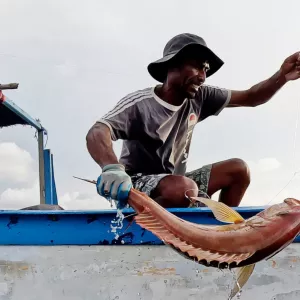
Overview
We will provide a way to boost access to nutritious foods while reducing emissions and supporting inclusive livelihoods. By combining diverse livestock and aquatic systems, we will create opportunities to address local challenges with integrated solutions tailored to specific contexts.
We envision to improve the lives and well-being of people in low- and middle-income countries by sustainably transforming animal and aquatic food systems, so they foster inclusive, healthy, and nutrient-dense food supply chains that are climate- and environmentally- friendly.
Our goal
Our work contributes through
Where we work
Kenya, Ethiopia, Mali, Tanzania, Uganda, Vietnam, Bangladesh, India, Nepal, Colombia, Guatemala, Senegal, Tunisia, Cambodia, Ghana, Nigeria, Timor Leste, Zambia, Malaysia and Egypt
Challenges
Challenges we’ll address
- Animal and aquatic food systems impact and are impacted by climate change
- Limited access and affordability in animal and aquatic food value chains
- A lack of comprehensive data that constrains investment and policy decisions in value chains
- Productivity gaps and understanding what bundles of solutions work in specific contexts
- Animal disease and antimicrobial resistance because of environmental degradation
Areas of work
Productivity+
We will support animal and aquatic food producers in a socially inclusive manner as they adopt productivity-enhancing innovations that bring profit, reduce emissions and increase food nutrient value.
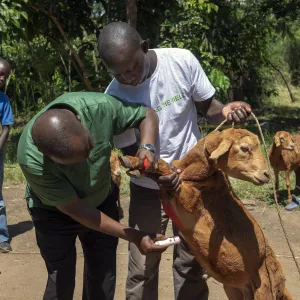
Climate and the Environment
We will bolster the efforts of communities within animal and aquatic food systems to adopt innovations for increased social, economic and environmental resilience.
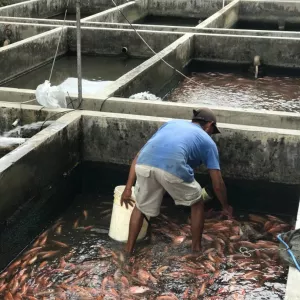
One Health
We will develop and support innovations in animal and aquatic food systems to improve community health and well-being.
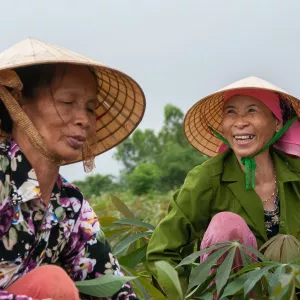
Market Systems, Policy Solutions and Scaling
We will strengthen market actors including women, youth and marginalized groups, to participate in equitable, efficient, low-emission and resilient animal and aquatic food systems.
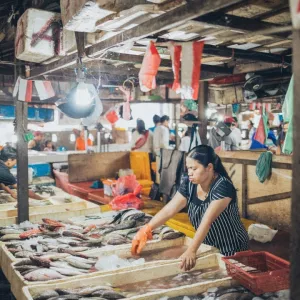
Data and Digital Solutions
We will assist all program-level outcomes in developing scalable innovations for improved productivity.
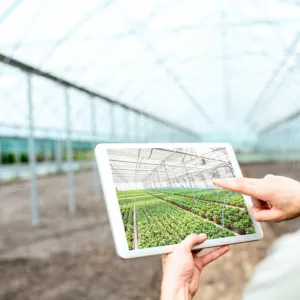
Gender, Youth and Social Inclusion
We will support the efforts of animal and aquatic food producers and communities to adopt more equitable norms for women and youth empowerment.
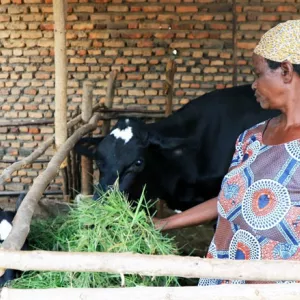
Our approach
Interlinked support across CGIAR’s portfolio
Our program will complement the Better Diets and Nutrition, Breeding for Tomorrow, Climate Action, Multifunctional Landscapes, Sustainable Farming, Policy Innovations, and Scaling for Impact programs, and the Capacity Sharing, Digital Transformation, and Gender Equality & Inclusion accelerators.
Working to share our capacity with
- national partners, government agencies, and decision-makers
- smallholder farmers and small and medium entrepreneurs
- scientists and researchers
Our expertise
- Strong ties with agricultural research institutes, governments, local universities, community-based organizations, and NGOs
- Excellent laboratory facilities embedded in different areas worldwide
- Interdisciplinary teams of biophysical and social scientists and data analysts with extensive knowledge and experience in the low- and middle-income countries
Events
News
-

How citizen science is transforming pastoral resilience
In northern Kenya, KAZNET - a CGIAR digital platform - is empowering herders to collect, share, and act on real-time data about rangelands, markets,...
-
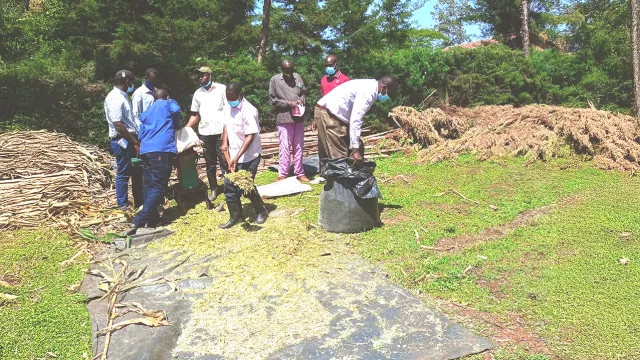
Bridging silage quality gap: A study with smallholder dairy farmers
Silage is vital for Kenya’s smallholder dairy farmers, yet poor quality limits productivity. A CGIAR / ILRI demand-driven study in Nandi and Bomet...
-
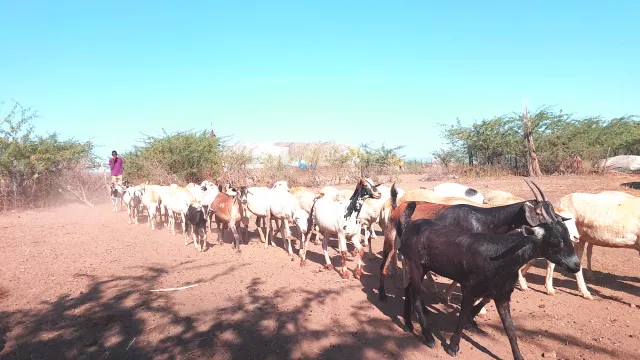
Hidden in Plain Sight: Pastoralist ‘pioneers’ redefining resilience
Pastoralist communities in Ethiopia are redefining climate resilience through locally developed practices in animal health, grazing, and forage...
-
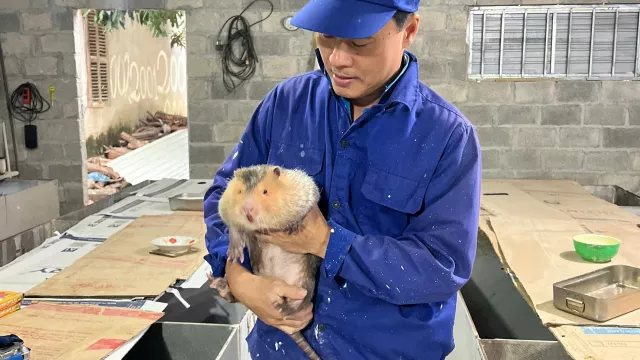
Preventing zoonotic diseases in Vietnam's captive wildlife farms
With nearly 40,000 captive wild animals raised across hundreds of small-scale facilities, Thai Nguyen Province in northern Vietnam is emerging as a...


